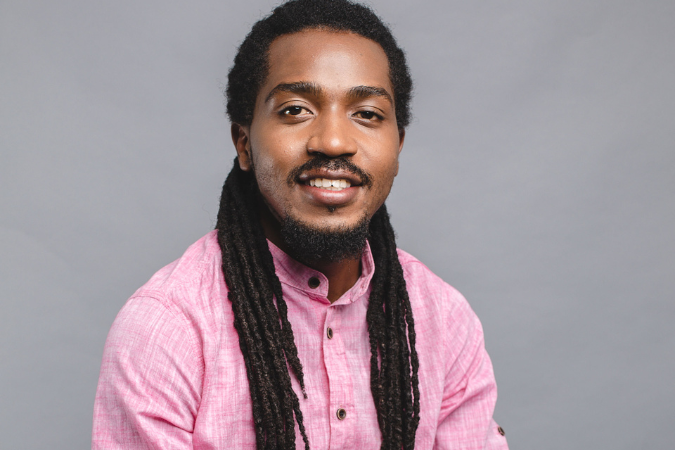The editing stage, a.ka. post production is one of the most interesting and rewarding parts of making a film. It’s where the story really comes together. The selections you make in the editing suite are crucial, and there are so many options to pick from that it may be overwhelming. Decisions you make about which shots to use, how you put them together, and how you use sound, make a big difference to your film.
We brought in resident LBx Africa editor, Jordan Inaan to share a few tips that can be of help especially to documentary filmmakers to consider during the production process to make the editing process more productive.
1. Start thinking of editing in the production stage
I think it’s important to bring editors onboard a project at an earlier stage of the production process. The editor will in this case be able to identify and address potential issues that may arise during post production, but more importantly I feel like it fosters a collaborative and trusting relationship between the filmmaker and editor. This helps in having a more aligned creative vision and hopefully results in a better film.
2. Dont panic! Be open minded
I recently heard of a definition of The Editing Process that I think aptly describes what we do; In the conveyor belt that is the production process, Editing is a re-consideration of everything that comes before it. Documentary films, unlike fiction, are mostly written in the edit. So quite often the raw material received in the edit room doesn't always match the film in the director’s head.
It’s important at this stage for the director and editor to be more open-minded and explorative about the story ideas, rather than panic and get into a ‘crisis-control’ mode, as most directors do. There can emerge a completely different (sometimes better) film from the raw-material if the editor is determined to sort through the chaos.
3. Make the best of feedback sessions
Feedback sessions are a necessity in the edit process, but can sometimes end up being quite stressful. In my opinion directors should focus on larger structural problems and get into finer and finer details in successive drafts. Otherwise it would be like polishing a diamond before it is shaped. To borrow a leaf from renowned documentary editor Neils Pagh Andersen, giving feedback on timecodes on the first cut draws us away from creative dialogue that could lead to solving larger structural problems of the film.
This op-ed was written by LBx Africa Editor, Jordan Inaan.
